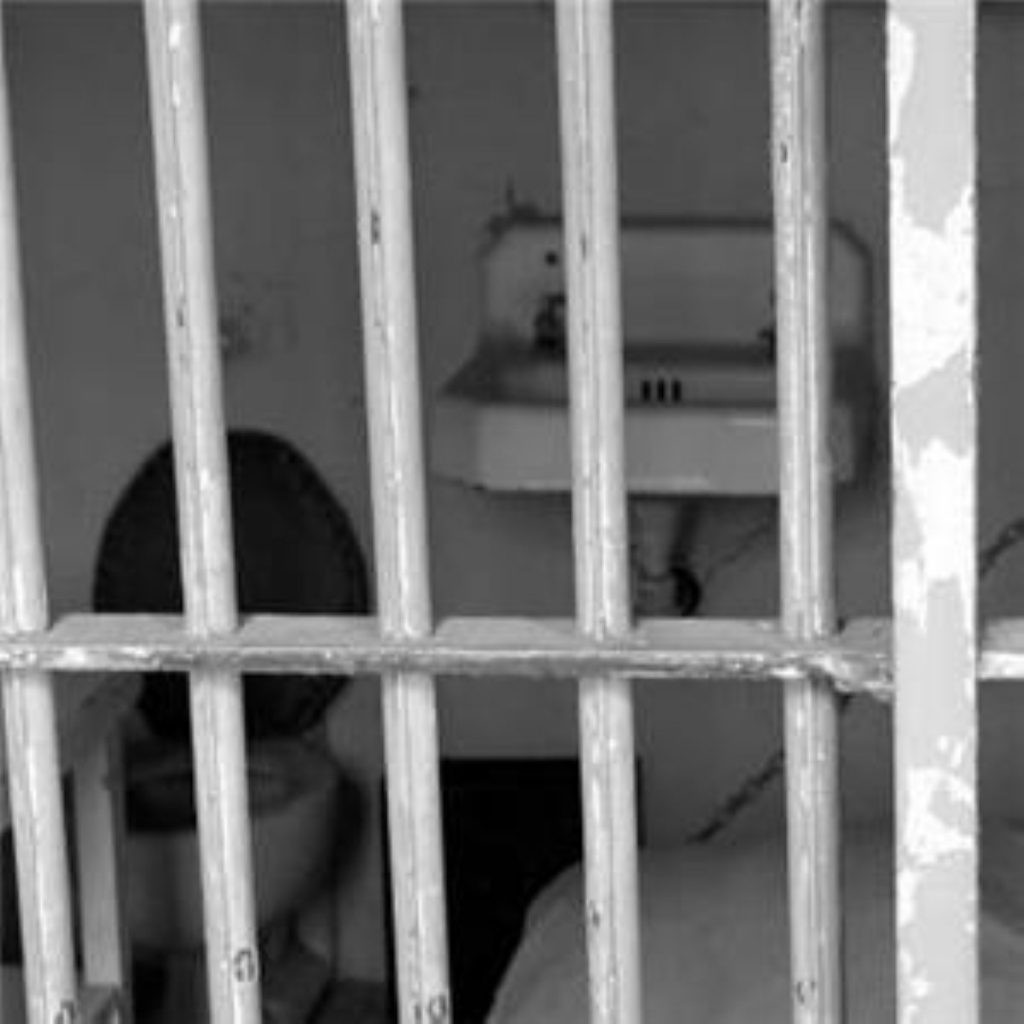Women spared prison under Lib Dems
Female offenders who pose no risk to the public should not be imprisoned, the Liberal Democrats said today.
Lib Dem conference delegates in Brighton backed a motion calling for the government to accept prison is not the right place for non-violent female offenders and instead focus on drug rehabilitation and mental health treatment.
Alternatives to prison are more cost effective and better at cutting re-offending rates, delegates agreed, urging the government to endorse a radical transformation of the way women obtain services in the criminal justice system.
Lib Dem justice spokesman David Heath argued women in the penal system had been ignored for too long and specific proposals were now needed to address the issue.
Mr Heath said “The number of women in prison has doubled over the last decade, but there has been no corresponding rise in women committing more serious crime – nine out of ten are convicted of non-violence offences.
“Prison is simply not the right place for female offenders who pose no threat to the public. Instead they should be given tough community sentences and better support from all aspects of the criminal justice system.”
The Liberal Democrats called on the government to endorse the recommendations from Baroness Corston, including an end to routine strip searches of women prisoners and urgent improvements in sanitation.
They also urged the government to form an inter-departmental ministerial group to look at women who offend or are at risk of offending.
Mr Heath concluded: “Repeated crime is best combated by helping women overcome addictions and mental health problems. Prison is not the best place to do this. Alternatives to prison are both more economical and more effective at reducing the rate of re-offending.”
Because women make up such a small minority of the prison population, campaigners argue their specific needs are prone to being overlooked.
Some two-thirds of female prisoners are mothers, meaning an estimated 18,000 children are separated from their mothers every year because of imprisonment.





-01.png)